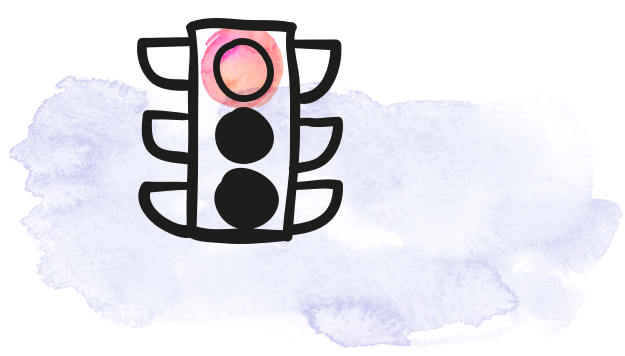Need immediate support?
Please call 8-1-1 for 24/7 general health information and advice. Indigenous people across Canada can also call the toll-free Hope for Wellness Helpline at 1-855-242-3310.
Need immediate support?
Please call 8-1-1 for 24/7 general health information and advice. Indigenous people across Canada can also call the toll-free Hope for Wellness Helpline at 1-855-242-3310.
If you’re talking to a doctor, nurse or other health care provider about your relationship to alcohol, and they ask you how often you binge drink, what does that mean?
Binge drinking is usually defined as having 5 or more drinks in one sitting for men, and 4 or more in one sitting for women. It’s a major risk factor for death from any cause, including:
A lot of the problems that come from heavy alcohol use also impact people other than the person who’s drinking, like road crashes, physical violence between adults, intimate partner violence and more.

When a health care provider uses the term “high-risk drinking”, it’s important to remember that “high risk” is not always based on a specific number of drinks. It really depends on the individual person.
High-risk drinking is defined by someone’s habits or behaviours when it comes to alcohol use, and whether those drinking habits put that person at high risk for developing a dependence on or addiction to alcohol, formally known as “alcohol use disorder”. For example, how often do you drink—is it every day or most days? How often do you binge drink—is it one time or many times per week?
